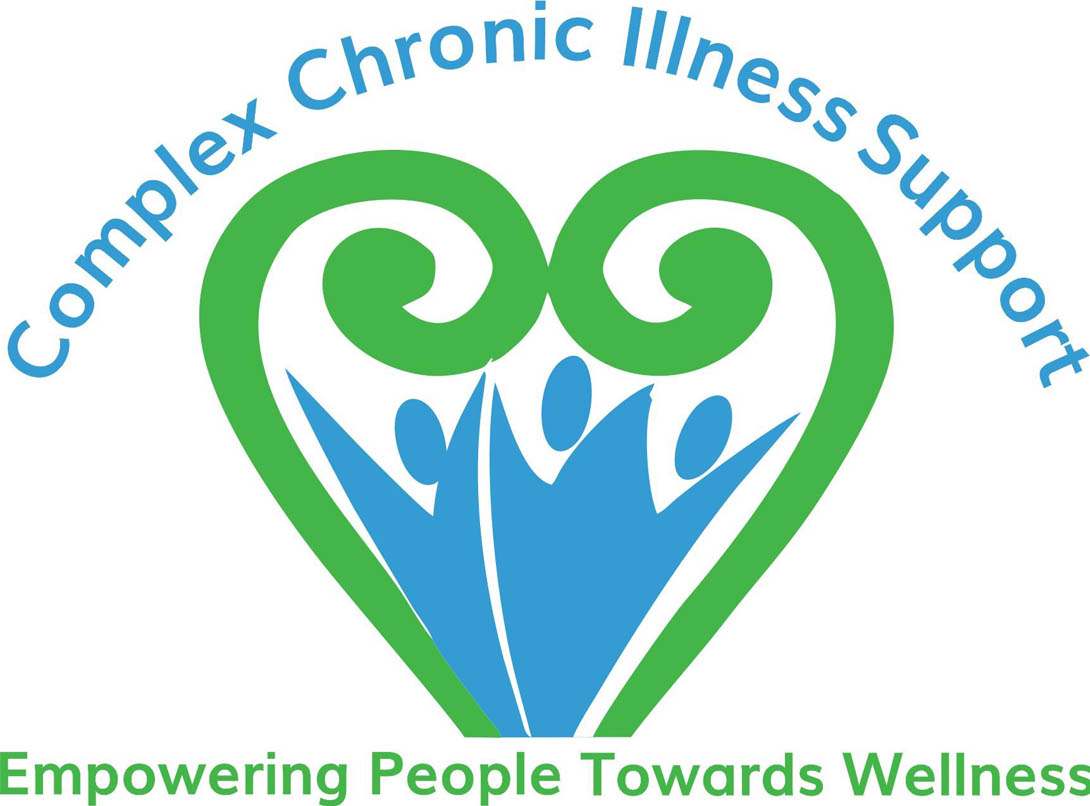New Fibromyalgia research reviewed
https://www.hindawi.com/journals/prm/
Roie Tzadok and Jacod N. Ablin of the Department of Internal Medicine H, Tel Aviv Sourasky Medical Centre and Sackler School of Medicine, Tel Aviv University, Tel Aviv, Israel published the article in Feb 2020 outlining the current drugs in use for FM and new emerging drugs like cannabinoids.
They outline how complex pain is for FM and that even now there is no clear idea of how pain is created for those with FM but they consider neural oversensitization and decreased conditioned pain modulation (CPM), combined with cognitive dysfunction, memory impairment, and altered information processing all being involved. They also state “Connectivity between brain areas involved in pain processing, alertness, and cognition is increased in the syndrome, making its pharmacologic therapy complex.”
In this research they review all the FDA approved medication for FM, but I will only go over the main ones which are used in NZ.
Current and Emerging Pharmacotherapy for Fibromyalgia
Table 1
Overview of effective pharmacological treatments for FM discussed in this review.
|
||||||||||||||||||||||||||||||||||||||||||||||||||||||||||||||||||||||||||||||||||||||||||||||||||||||||||||||||||||||||||||||||||||||||||||
Tricyclic Antidepressants have been used in low does for ME/CFS and FM for many years. Dr Vallings often prescribes them as they are also very helpful for supporting sleep which is very linked to pain processes.
Serotonin-noradrenaline reuptake inhibitor have shown in studies and metanalysis that they have improved pain levels and reduced depression for some people.
While Selective noradrenaline reuptake inhibitor is not as successful for pain improvement and had very little effect on improving sleep.
Cyclobenzaprine which is more likely known as Flexeril, is a muscle relaxant which has been shown to improve sleep, but not have much improvement on pain for the majority of users.
Gabapentinoids, known as Pregabalin and Gabapentin, have been prescribed more in recent years for FM pain. They work in the calcium channels in the CNS and have found to improve pain and sleep but made no change on fatigue or depression.
Opioids have been prescribed but there is no clinical evidence that they decrease pain and are useful for FM. Only tramadol with paracetamol in short term use for selected severe patients can reduce pain by 30%.
On the other hand, the research has shown that Naltrexone (Low Dose Naltrexone – LDN), a competitive opioid receptor antagonist, is showing excellent results in reducing pain in FM. It is also helpful in reducing the overactive microglia cells which are part of the neuroinflammatory process. This breakthrough in showing that Naltrexone has an anti-inflammatory effect on the microglia has been demonstrated by PET scans in FM patients.
Much touted Cannabinoids are still in their infancy in research terms for FM treatment. So far the studies have had conflicting results but it is very clear that they do seem to reduce pain for some. The two active components Tetrahydrocannabinol (THC) and Cannabidiol (CBD) seem to have different impacts on pain. THC affects pain as well as emotions and CBD is anti-inflammatory and analgesic. Different strains containing varying amounts of THC & CBD can in the case of THC increase the pain threshold, but the CBD contained products diminished THC’s analgesic effect. The interest in this area is in what strain or type will be of most use to FM patients and further research is needed in this interesting field to discover its full uses.
The study then goes on to outline the newer treatments which are still being tested like NMDA antagonist and NMDA receptor modulator. Some of these are showing promising results but there still needs to be more research.
Essentially the modest older treatments of Tricyclic’s & SNRIs are still the first option for many presenting with FM symptoms. Hopefully with more current research moving towards treatments like LDN which are proving very helpful, towards treatments like Cannabinoids which have the capacity to be very useful if they can be more thoroughly researched and understood.
But throughout all this medication discussion we need to keep in mind the still unknown cause of the conditions and to be very aware of any changes or new symptoms. We need to keep hunting and digging down as to the whys, how’s and what’s, always keeping an open mind. Successful treatment of FM is about more than just medication, it is about the whole person and trying a holistic practice which works with all the many reasons why we may experience symptoms.
If you are interested in learning more about ways to manage your condition, try our Towards Wellness Programme starting in July 2020, contact Charlotte at [email protected].
Article reviewed by Elizabeth McGougan
